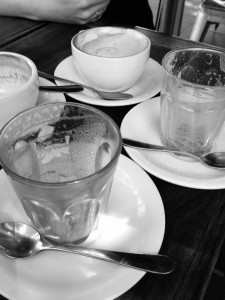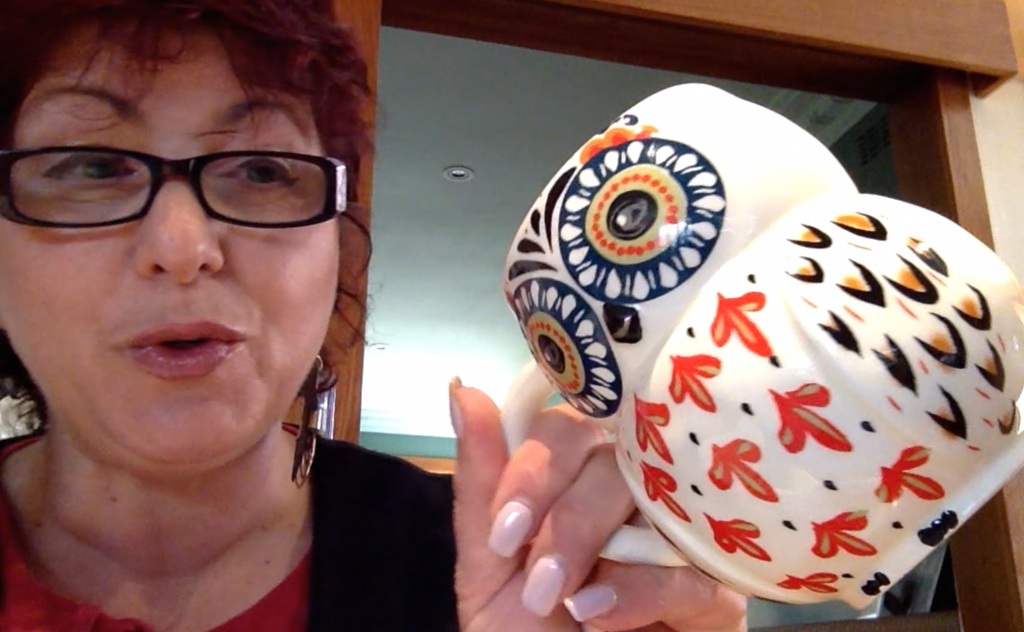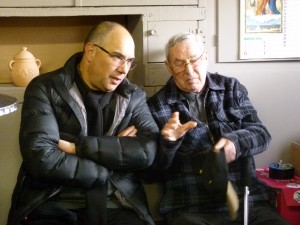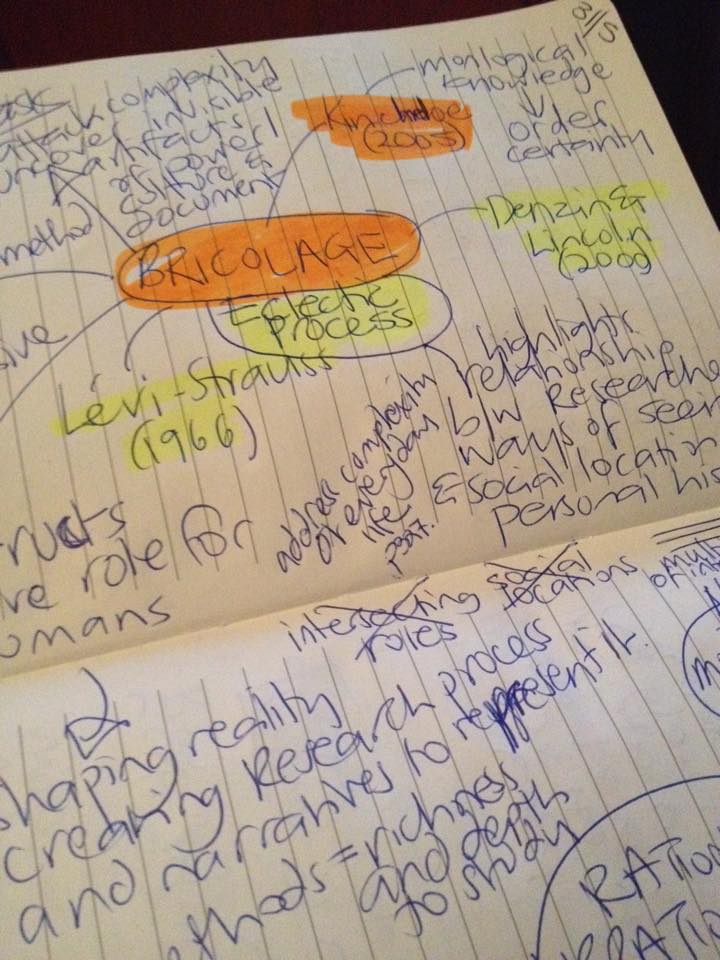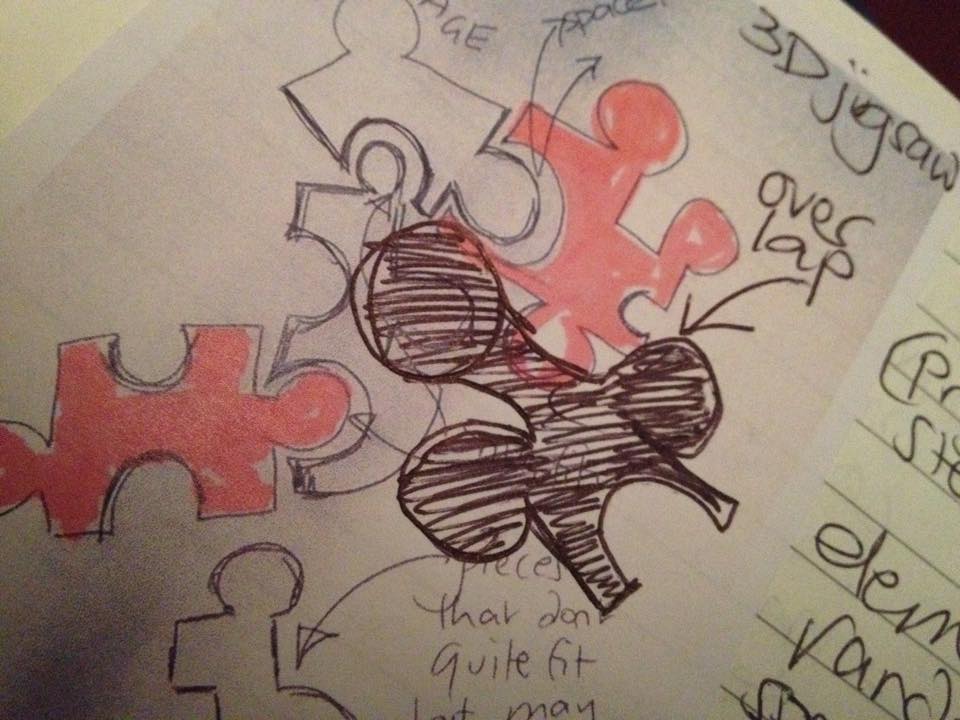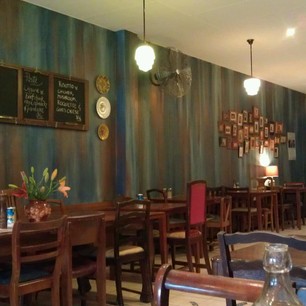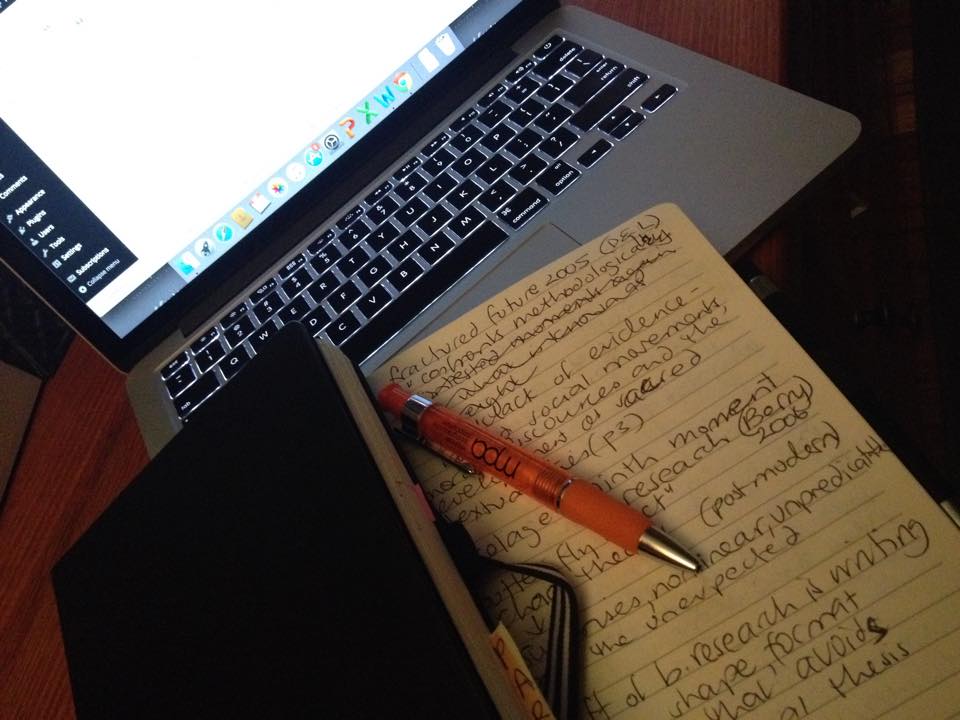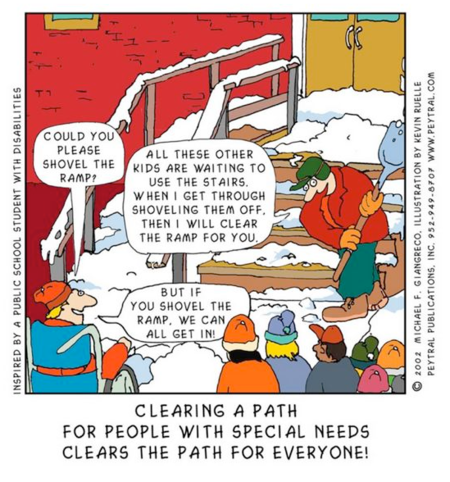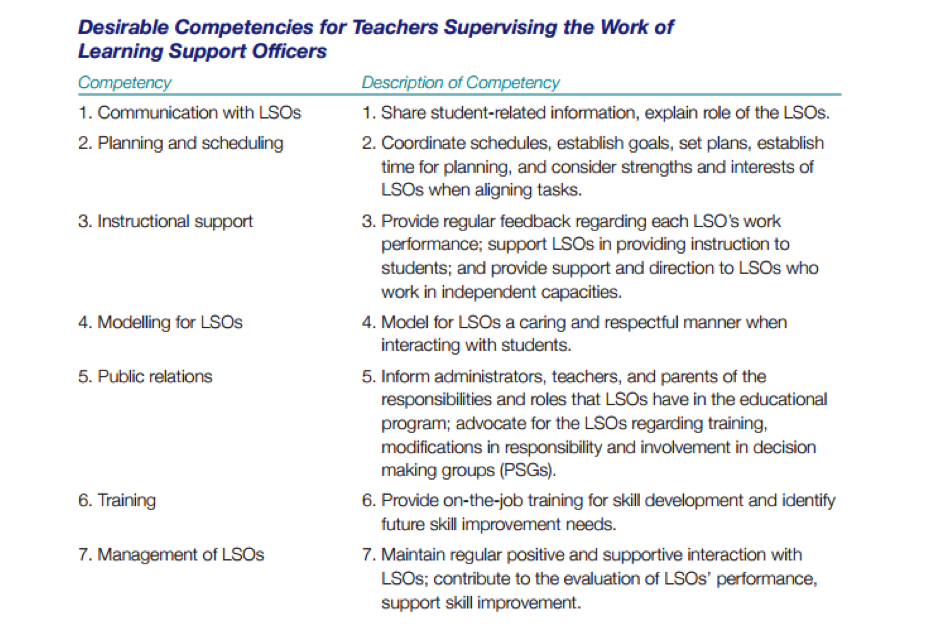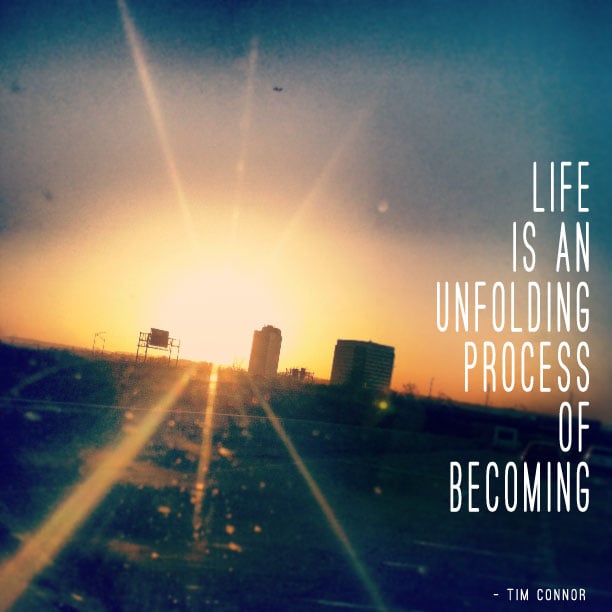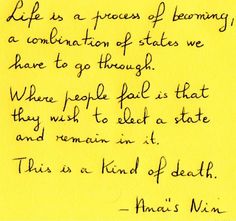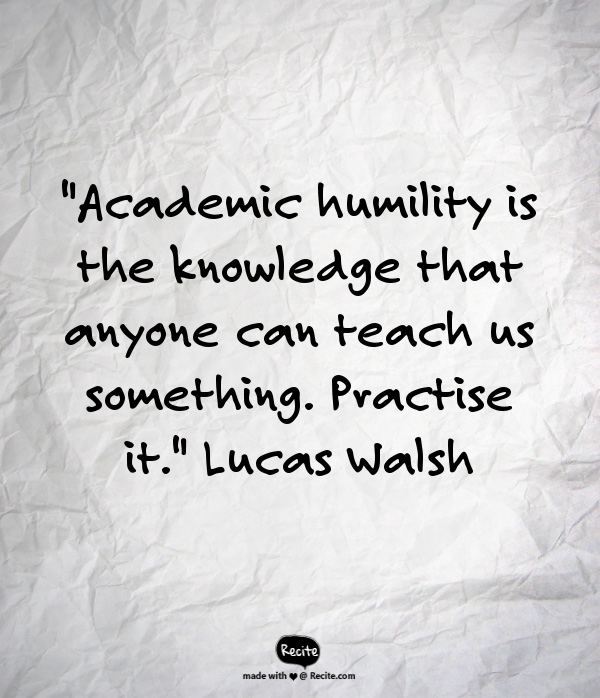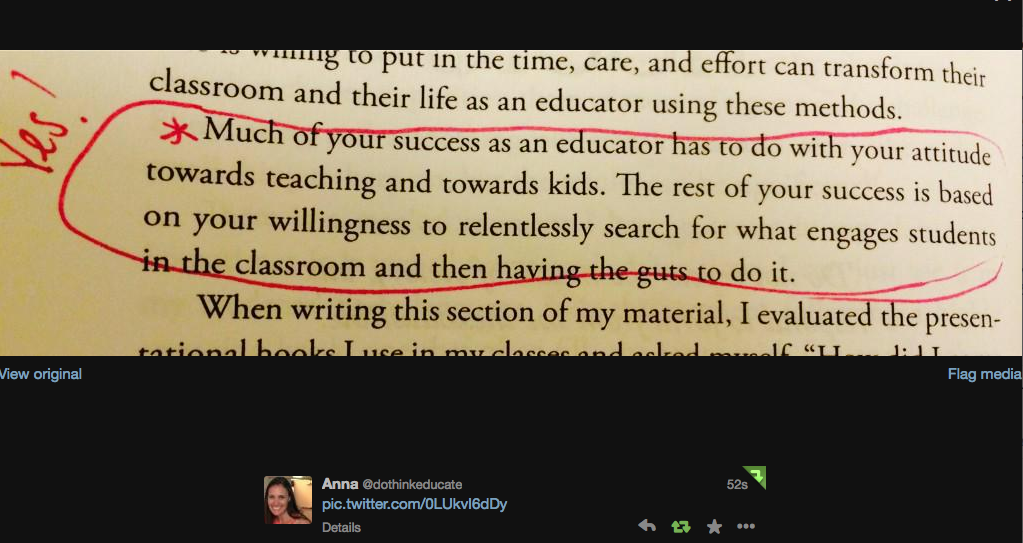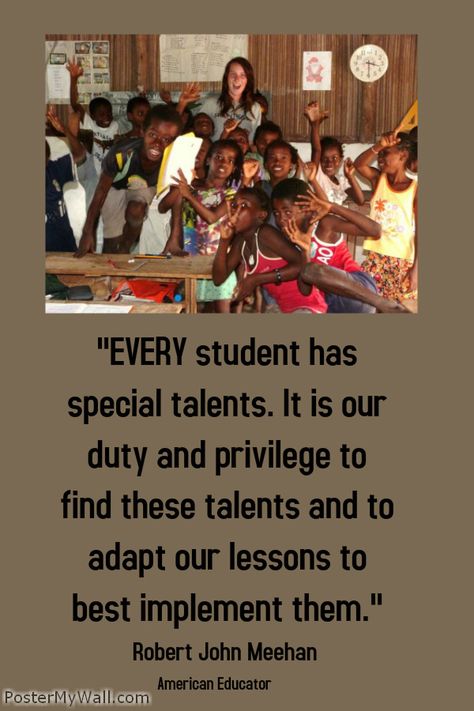Over the last five weeks or so I have been privileged, as have been many others from all over the world to be part of Inger Mewburn – The Thesis Whisperer’s MOOC course “How to survive your PhD” via EdX and ANU.
To date we have covered, amongst others, modules to do with Confidence, Frustration and Loneliness. Each module has related readings and videos to read and watch as well as a weekly periscope live chat, twitter feed and a myriad of Facebook pages that have been set up to assist in sharing resources, feelings, and whatever else we may need or seek. Sometimes we even get homework! Last week’s was to go out and meet up with other PhDs over coffee!
For me as an older PhD student, at 51, the MOOC course was something that I jumped at – not to mention – I love the Thesis Whisperer.
My favourite module to date has to be the Loneliness topic only because all of a sudden the social network seemed to have exploded as the course becomes ever more popular. I have had the opportunity to connect with great fellow PhD students including the ever growing Facebook page PhD Owls -Older, Wise Learners.
While there has been discussion in regards to whether loneliness is good or bad and if it needs to be cured at all. I feel there are instances where some ‘alone’ time is essential to all but especially to me as a woman, wife, mother, daughter, sister, neice, friend, cousin, educator, learner, teacher, PhD student and a human being. Alone time allows for me to read out loud, to walk around the house with a book or my laptop, gesticulating and making weird expressions – now they know – without having to answer to anyone. I like breaking up my learning with cooking, cleaning, folding, washing, etc. – they call it procrasti-something (replace as required)! Right now I’m sitting at my kitchen bench having moved from the study, to the lounge, into the dining room and finally to here, all after having done three loads of washing, made our bed, stripped the one in the guest room, baked a chocolate cake, and put the dinner on. My friend cancelled lunch on me today and secretly I am quite happy as it’s given me more ‘me’ time. I miss catching up with my mate but just today it seemed better for me to stay in and just get on with things, including this post that I started early this morning -now almost 5:30 in the afternoon.
I haven’t really done too much PhD reading today but I’ll tell you what, I’ve thinking about what I read yesterday. This week is all about Freire and critical pedagogy. You may have come across my post on the PhD Owls Facebook page which got a whole lot more attention than I anticipated and hooked me up with a few others who were interested and/or contemplating Freire themselves. We even exchanged some resources. See, I’m not lonely -well at least not this week so much. I just figure my way of beating the loneliness factor is getting on MOOC and bam! I write this blog with the idea that someone may read and comment and get me thinking differently. That’s how I stay connected -oh – and did I mention twitter? I love twitter. ‘Hello my name is Jo and I’m a twitter addict.’
I felt like I was there with the MOOC gang last night during the live periscope chat on Loneliness, a little awkward that the meet up didn’t quite work out but it was a lot of fun from the ‘outside in’ anyhow. My favourite part is logging in early and listening in as Inger and the gang chuckle at posts and stick their head in view to tell me only 4 minutes till we start, but secretly we’ve started – it’s like my other favourite ‘thing’ to do – taking photos of people I love and care for while they are unaware. It tends to give them this whole new perspective and mostly it reveals how comfortable they are within themselves and when interacting with others.
Anyhow, I just wanted to give a shout out to all PhDs on MOOC and to The Thesis Whisperer and her gang of helpers just to let them know how much I am enjoying the course and the interactions on social media. I love telling non PhDs about it and watching them roll their eyes or laugh out loud or look at me like I’ve got two heads – Where do you find the time? I make it cause it’s worth it. I will survive my PhD. I am not an imposter. I am smart enough to get into a PhD and therefore I will come out with a PhD. I won’t be scared and I’ll try not to doubt myself. I will survive…wait…is that a song?
Thanks for reading 🙂


